Consider these 4 factors to finally own your dream farm
From developing a budget to actually establishing a farm, we got you covered.
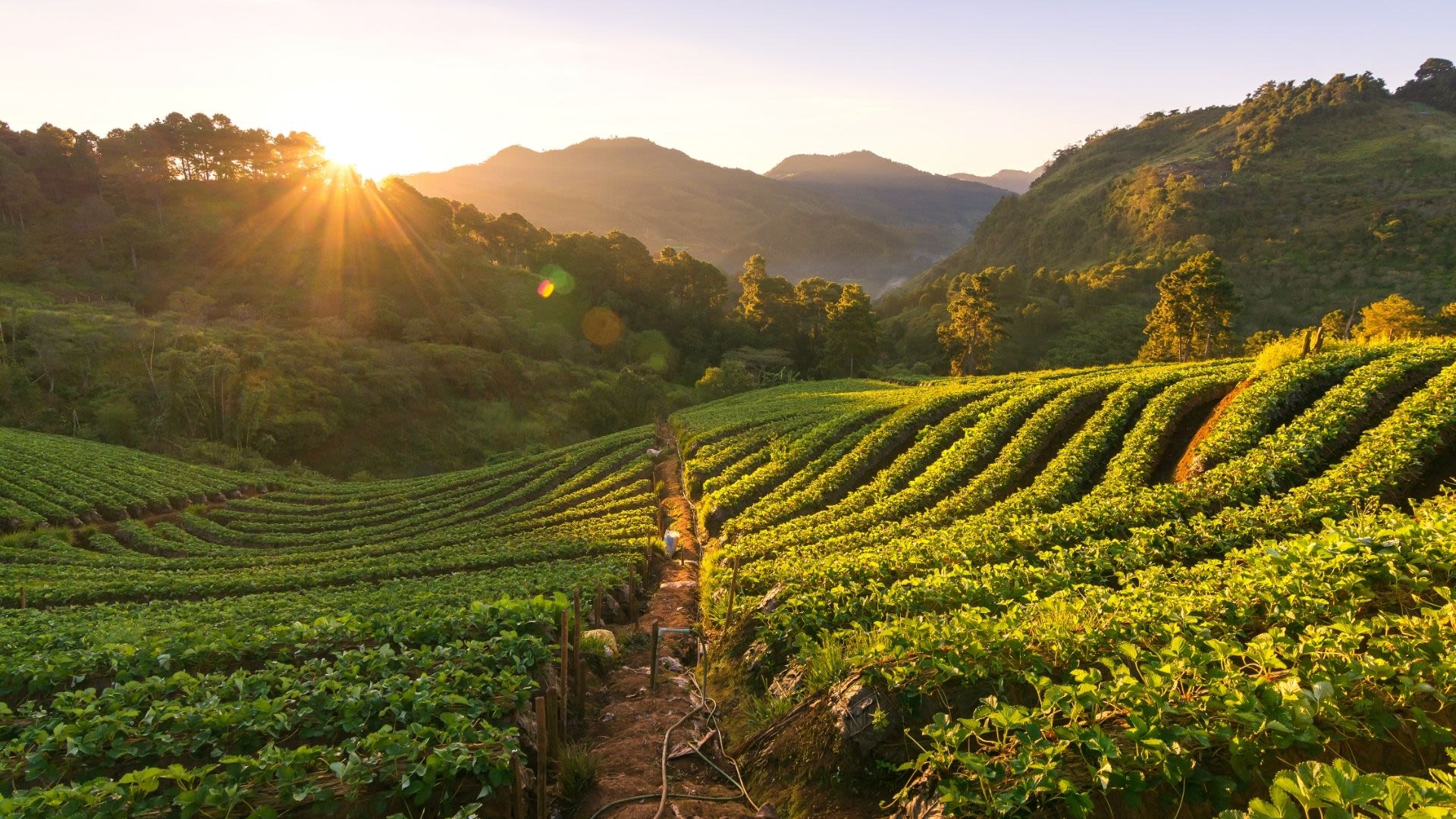
Starting your own farm can be both fun and stressful, especially when you never grew up in a farm-owning family and worked on one. There are many reasons which may inspire you to start farming. One of the biggest reasons due to the pandemic, a lot of people lost their jobs and are turning to farming, especially hydroponic farms to make a living. Of course, you need to have the right land to start a farm.
Read more on The Hands-Down Best Guide on How to Buy Land in Sabah.
There are many factors to consider when starting a farm and making wise decisions for the venture to be successful, they are highlighted as below.
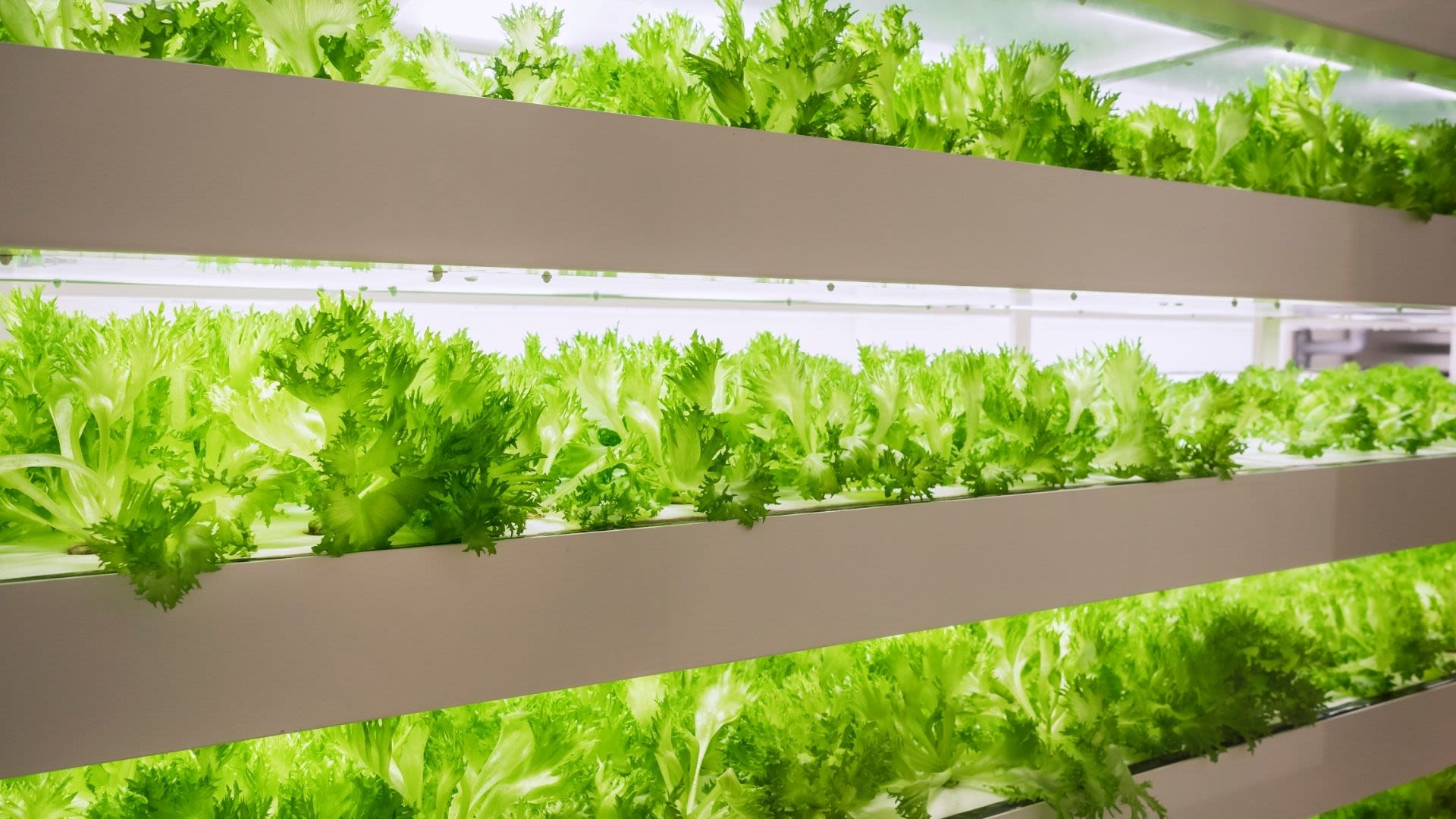
1. Cost
To start a farm, you will need to develop a budget for a sufficient amount of capital. The budget is going to determine the type and scale of farming that you will be able to handle. The capital you put into will be used to fund all the inputs required until you had your first harvest.
Examples of inputs include the purchase of seeds and fertilizer, irrigation, labor, treatments, and harvesting among many others.
There are many sources of finance that you can take advantage of, such as bank loans and personal savings. Remember to plot out a comprehensive plan to avoid getting losses that can land you in financial problems.

2. Location
Your farm location should also be put into consideration. First thing you need to check is the climate or weather patterns of that place. Different crops do well in different climatic conditions. Make sure there is proper security for your crops. The security should be against not only humans but also animals and birds that can destroy your crops. Examples of the measures to take include fencing and lighting.
For hydroponic farms, consider what space you will be using for production and how that will factor into the actual size of the farm. Hydroponic farms can be set in a warehouse, garage, spare rooms, greenhouses etc.
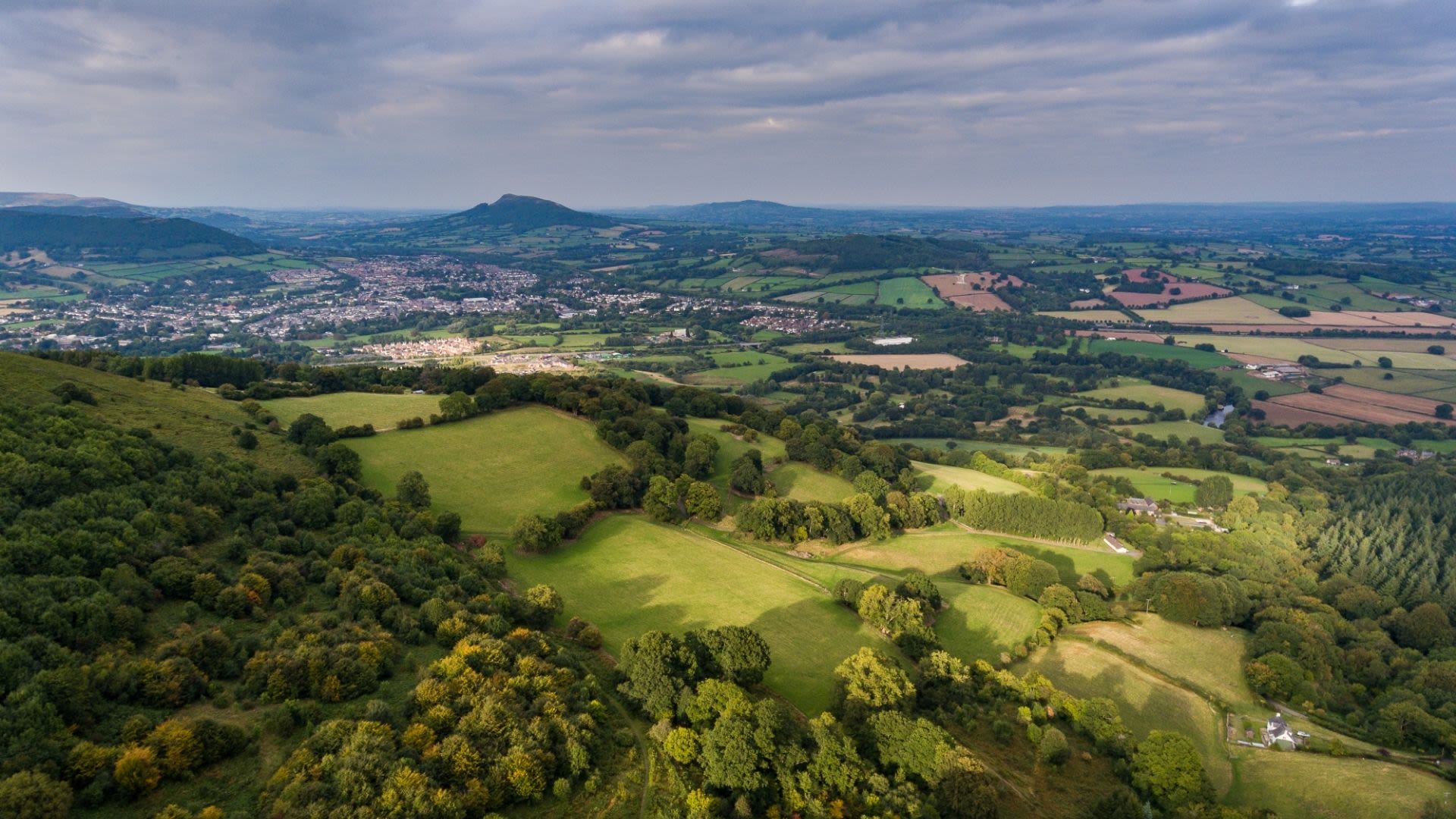
3. Water quality
In terms of hydroponic farms, hydroponic cultivation requires excellent water quality. If the supply water contains certain elements, there are restrictions in use. It is always recommended to analyse the supply water before starting a cultivation. In particular, high sodium and bicarbonate levels may disturb a smooth growth of plants.
This can be achieved using a water purification system including Reverse Osmosis (RO) technology to produce the water needed. The usage of RO permits to minimize the fluctuations of the quality of tap water and to decrease the concentration of several contaminants.
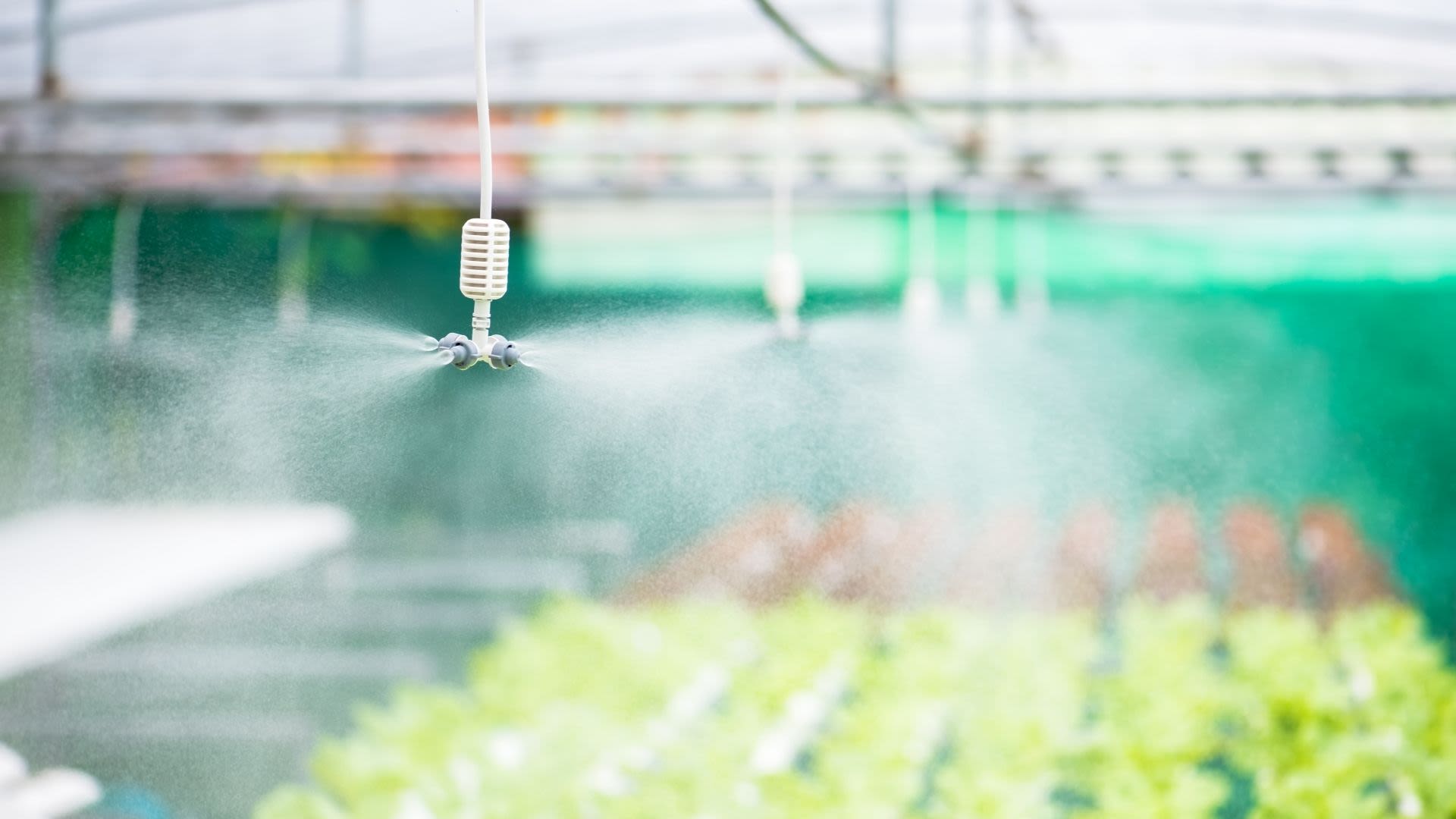
4. soil quality
As we all know, different areas have different types of soil. In order to find out the type of soil your piece of land has to determine the best crop to farm, take some soil samples to the lab to test the quality, pH level, type, and salinity which will help to discover whether it is up to par for good crop plantation. In most scenarios, you might have to make a decision whether to farm crops that does well in your land or searching for another land. Remember to seek advice from the owner of the surrounding farms to get thorough information in making decision.
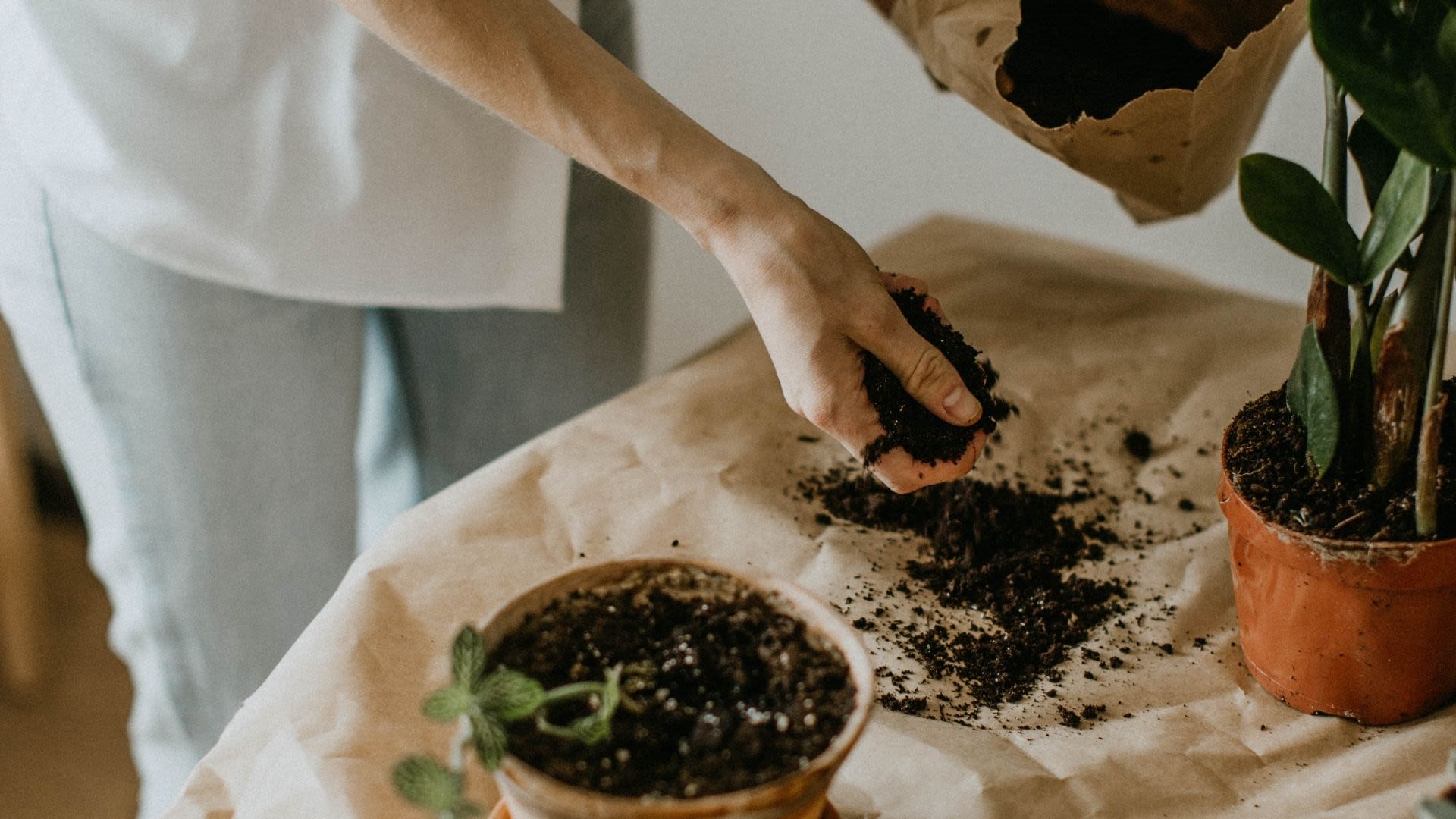
There are so many ways to plan starting a farm. Every farmer's journey will be a bit different, and that's okay. Now that you have equipped with the information you need to start your farming journey, it is time to take some action.
Are you ready to start farming?
